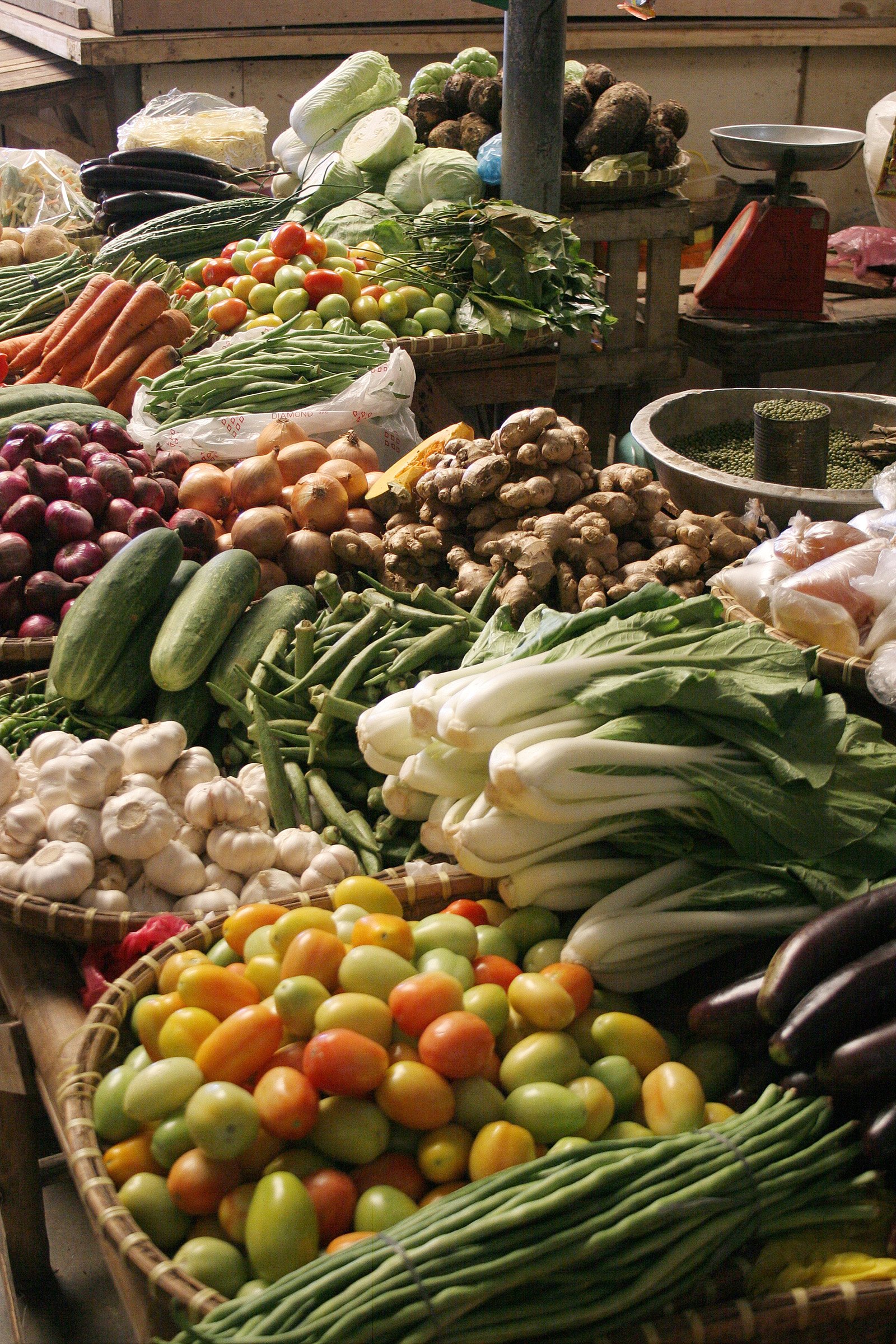Saturday, 28 February 2026
French study says eating more vegetables may cut liver cancer risk by 65%
These findings suggest that public health initiatives aimed at individuals with liver disease should prioritise promoting vegetable consumption A new study published in JHEP Reports underscores the potential protective role…

These findings suggest that public health initiatives aimed at individuals with liver disease should prioritise promoting vegetable consumption
A new study published in JHEP Reports underscores the potential protective role of vegetable consumption in reducing the risk of hepatocellular carcinoma (HCC) among patients with liver cirrhosis. The research in France highlights how dietary habits may play a crucial role in liver cancer prevention for high-risk groups.
The study reveals that 42.5 per cent of patients with liver cirrhosis did not consume sufficient amounts of fruits and/or vegetables. Notably, while fruit consumption alone did not show a clear link to reducing liver cancer risk, patients who consumed at least 240 grams of vegetables daily exhibited a 65 per cent lower likelihood of developing HCC. Despite general dietary recommendations of at least 400 grams of fruits and vegetables daily, only 57.5 per cent of study participants met this target.
Participants with confirmed liver cirrhosis were monitored over several years to investigate the impact of diet on liver cancer development. Detailed food intake questionnaires, administered by trained dietitians, recorded participants’ eating habits. Researchers categorised dietary patterns based on whether participants met the 400-gram daily intake recommendation for combined fruits and vegetables or at least 240 grams of either fruits or vegetables individually.
Interestingly, the study found no significant protective effect for fruit consumption alone or surpassing the 400-gram combined intake. Using advanced statistical methods to account for variables like age, sex, and lifestyle factors, the researchers concluded that increased vegetable intake might be a key dietary strategy in preventing HCC.
These findings suggest that public health initiatives aimed at individuals with liver disease should prioritise promoting vegetable consumption as a simple yet effective approach to reducing cancer risk.
Technology
Ingredion Thailand Achieves 100% Sustainably Sourced Cassava
Feb 27, 2026 | Company News
Deakin University and Bellarine Foods Partner to Develop Sustainable Marine-Derived Proteins
Feb 26, 2026 | Australia
Royal Unveils Refreshed Jute Bag Design for 20lb Authentic Basmati
Feb 25, 2026 | Company News
Food Testing
Australian Medical Bodies Push for Compulsory Health Star Labelling
Feb 24, 2026 | Australia
Tim Hortons Singapore Secures Majlis Ugama Islam Singapura Halal Certification Ahead of Ramadan
Feb 23, 2026 | Company News
More Popular
Fagron Acquires Pharmavit Europe for €68Mn to Expand Nutraceutical Portfolio
Feb 27, 2026 | Company News
Arla Foods Invests EUR 300Mn in New Cheese Dairy in Sweden
Feb 27, 2026 | Company News
Beyond Meat Broadens Portfolio Beyond Protein with Sparkling Plant-Based Drink Line
Feb 27, 2026 | Beverages






